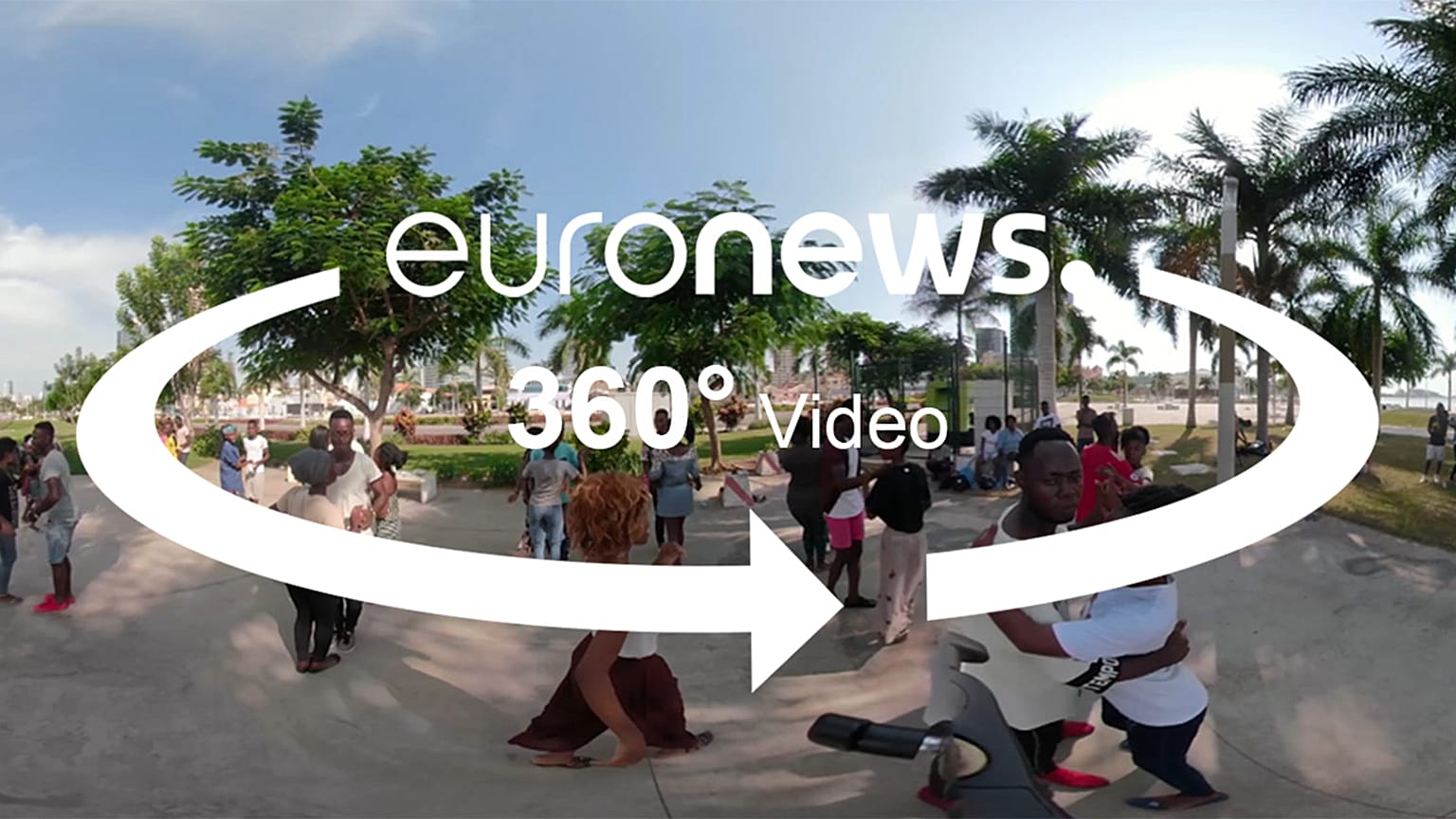Kizomba is a style of dance which has become really important in Angolan culture in recent decades. The word "Kizomba" means "celebration" or "party" in Kimbundu, a Bantu language. The dance style developed in Angola in the 1980s and 1990s in the region around the capital Luanda, first as a music
The importance of Kizomba
 ADVERTISEMENT
ADVERTISEMENT
 ADVERTISEMENT
ADVERTISEMENT
Kizomba is a style of dance which has become really prominent in Angolan culture in recent decades.
The word "Kizomba" means "celebration" or "party" in Kimbundu, a Bantu language.
The dance style developed in Angola in the 1980s and 90s in the region around the capital, Luanda.
It began as a musical style, then developed into a dance associated with the music.
A dance with elegance
It's transformed into a very elegant dance in its modern version.
It's associated with an erotic connotation for some - at least to those who didn't grown up with it.
But to native Angolans, it's free of any such meaning.
Kizomba comes naturally
Dinamene Cruz, an Angolan TV Presenter and Kizomba fan, says the dance comes naturally to people in her country:
"Kizomba is as natural as drinking water! Kids dance Kizomba, young people dance it too, we all communicate through it.
"You can almost see the soul of the person you are dancing with in it. It's our culture. It's us!
"In Kizomba, we understand the world through touch. It's like when babies touch things to understand them; in the same way, we communicate through touch.
"For people from other countries, at first sight it might look like a sexual thing. But it's not. When you dance Kizomba you can understand the joy that we have.
A mix of styles - and a link with history
Kizomba is a mixture of many musical styles. Angola's close ties with Brazil and Cape Verde date back to colonial times, when Angola was the hub of the slave trade.
In both Angola and Cape Verde, local African dances and music styles mixed with the Zouk. In fact, the Caribbean Zouk, the Haitian Kompa and the Semba are all components of what we now know as Kimzomba.
The pleasure it brings to people is clear when they dance.
As Dinamene adds:
" You can see all the people dancing with smiles on their faces!“















